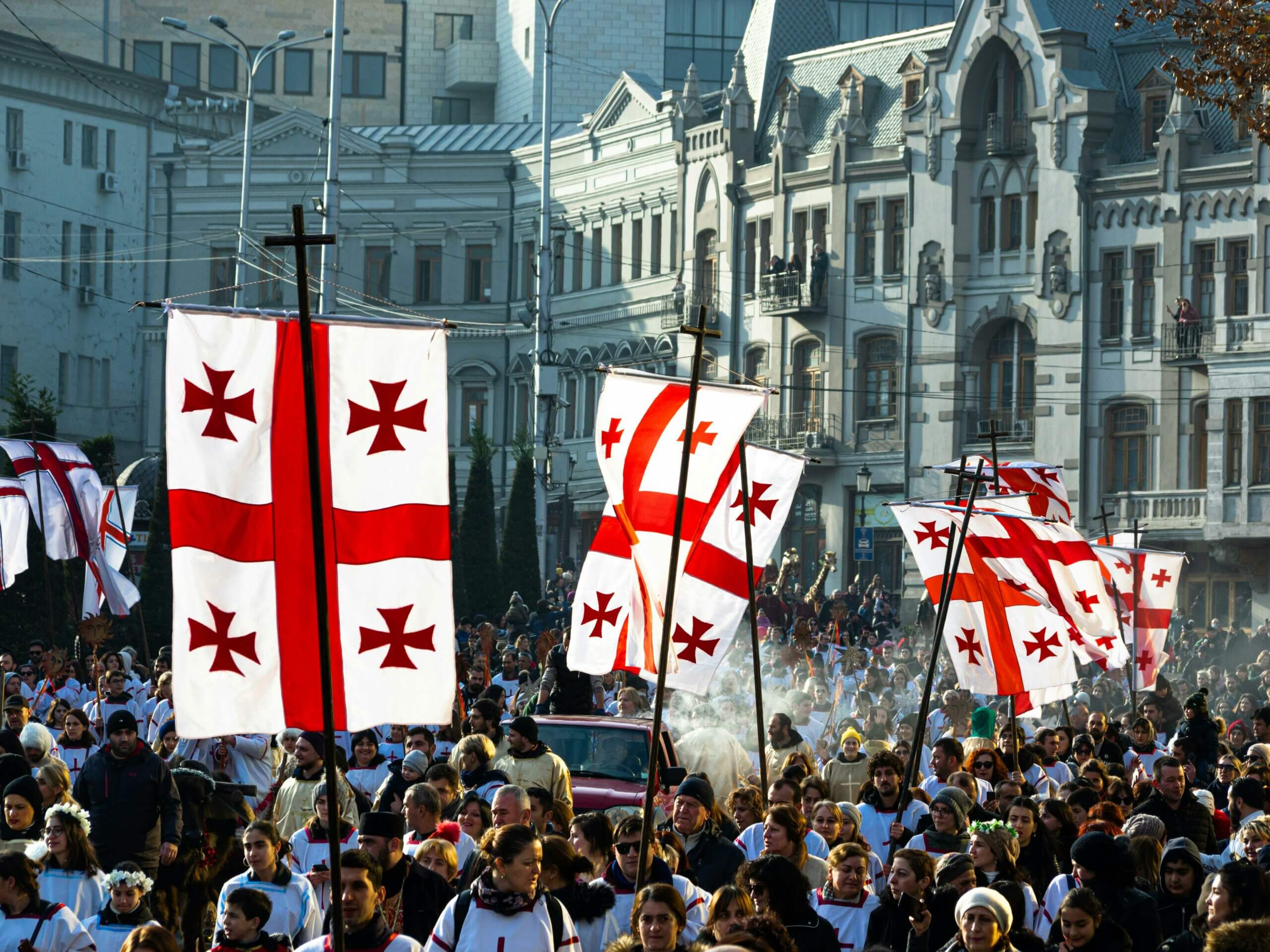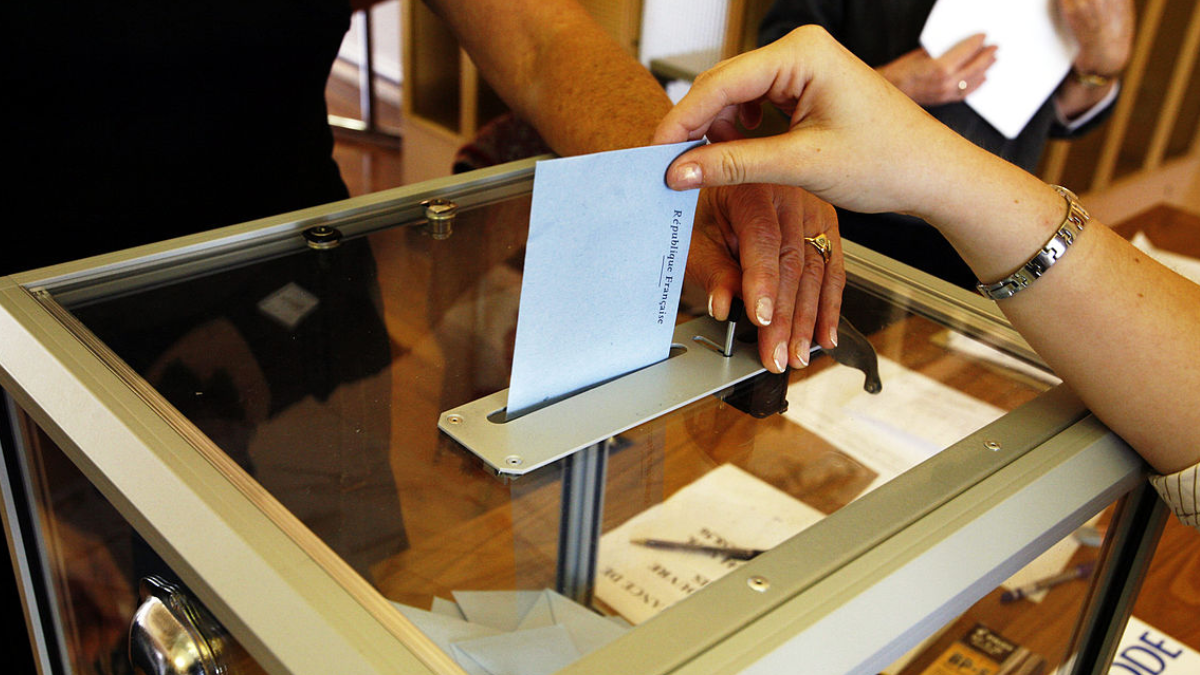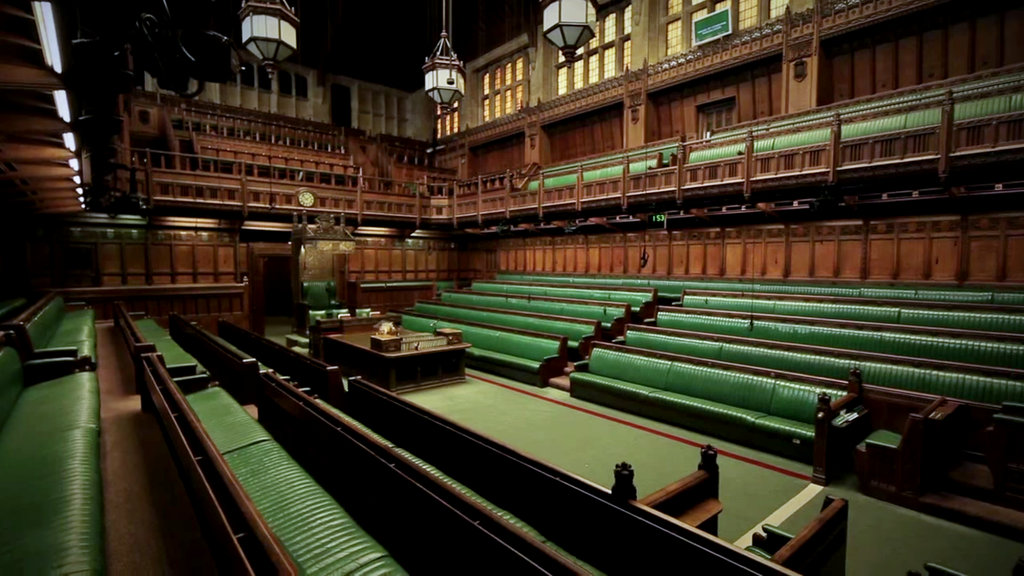The obvious election that took place in November seems almost dull in comparison to the results seen across the world during the month. What many saw as a predictable return of Donald Trump to the White House with a sweeping electoral college win may pale in comparison to less-covered votes that occurred. In Africa, democratic momentum was sustained by some countries holding elections, whilst the pull and push over Taiwan continued in the Pacific with the re-election of a staunch pro-Taiwan president.
If you are interested in learning what may have been the surprising outcomes of the US election, please refer to this blog – however, in this piece we are giving some rightly deserved attention to those voters who made history elsewhere in the world.
Mauritius - Voters defend their democracy
Most elections in which you see a party winning over 90% of seats can easily be discarded as the result of a fraudulent vote. Mauritius is a glaring outlier. Former prime minister from 1995 to 2000, and again from 2005 to 2014, Navin Ramgoolam (son of the country’s first leader) achieved a landslide victory taking 60 of 62 seats in the country’s parliament, and securing 62.6% of the vote. The majority Hindu nation of 1.3 million people has seen remarkable stability and growth since independence, building an economy based on tourism, financial services and manufacturing, however a legacy of corruption and curbing civil freedoms in recent years saw its population turn against the incumbent ‘Militant Socialist’ government led by Pravind Jagnauth.
Mauritius’ election follows a historic agreement last month that saw Britain cede sovereignty of the Chagos Islands to Mauritius following a long-running dispute. One would think this type of national success would translate into popular support. However Jugnauth’s hopes of an easy re-election following the deal were dealt a blow when secretly recorded phone calls of politicians, diplomats and journalists began to be leaked online last month. As a result, the government announced a social media ban on the island before being humiliatingly forced to back down from this. This was a powerful motivating factor for many Mauritians – they needed to vote to protect their democracy and civil liberties from gradual erosion.
This is broadly consistent with the rise in corruption on the island where, in the last five years, many institutions that ensured checks and balances have not been functioning allowing corruption to increase. For example, there have been scandals relating to Covid-19 equipment procurement, harassment of opposition parties in parliament (including by police), and as a result the island has slipped from first to second place in ‘good governance’ on the continent.
The country has been dominated by the same two political families since its independence from Britain in 1968 – with both sons of the Ramgoolam and Jugnauth dynasties vying for power in November. As a result, two of the island’s parties, the Reform Party, and the Linion Morris Party joined forces to present themselves as an alternative to these two candidates. With the slogan “neither Navin nor Pravind”, it called for more transparency and harsher crackdowns on corruption. It claimed Ramgoolam and his party had been a weak opposition in the face of the Militant Socialist Government. It also suggested introducing extra-parliamentary parties to allow smaller parties a more prominent role in providing checks and balances. In final results it secured 5% of the vote (117,000 votes) – the second best result for a third party since 2000.
Following a peaceful transition of power with Prime Minister Jugnauth proclaiming that “the people have chosen another team to lead the country”, Ramgoolam now begins implementing his commitments set out in his manifesto – these include the creation of a fund to support families facing hardship, free public transport, increased pensions and reduced fuel prices, as well as efforts to tackle corruption and boost the green economy.
Somaliland - The Horn's democratic oasis
On a similar theme to stable countries operating in an otherwise turbulent region, Somaliland held its presidential election in which Abdirahman Mohamed Abdullahi, of the opposition, defeated incumbent president Muse Bihi Abdi with 63.9% of the vote. The election has been delayed for two years owing to insufficient funding, among other reasons, which would have inhibited the free and fair nature of the vote. This reaffirmed its status as the Horn of Africa’s most genuine democracy.
Both candidates campaigned promising they would resuscitate an ailing economy and push efforts to gain international recognition for Somaliland. The self-proclaimed republic sustains its own government, currency and security structures. However, it is not recognised by any country in the world, restricting access to international finance and the ability of its six million people to travel. The election comes at an exciting time for the country where the Government in the capital, Hargeisa, hopes to soon finalise a deal that would grant neighbouring Ethiopia sea access. In return, Addis Ababa would provide an “in-depth assessment” of recognition. In addition, Somaliland is optimistic that an incoming Trump administration might revisit the USA’s recognition of Mogadishu’s sovereignty over Somaliland – as some leading US Department of State officials who worked on Africa policy during Republican leader Donald Trump’s first term have publicly voiced support for recognising Somaliland. Particularly in relation to Somaliland’s deal with Ethiopia, Abdullahi, also called ‘Irro’, has never rejected it out of hand, but when discussing it has used diplomatic language, which suggests a change of tack.
Whilst the election was largely peaceful, minor issues such as underage voters and occasional long lines highlighted areas for improvement. The Government of Somaliland invited four teams of international election observers from Africa, Europe, and North America to act as visible witnesses to the democratic process, and can help to deter ballot-stuffing, fraud, or other anti-democratic practices.
Some analysts suggest that President Bihi lost owing to a somewhat aloof leadership style saying he has been dismissive of public opinion at a time when economic difficulties have undermined the value of the local currency. In addition, several contentious decisions were offered as reasons for Bihi’s poor showing, in particular the extension of his presidential term in 2022, which led to deadly protests, and the mishandling of the dispute with Eastern Sool province in neighbouring Puntland – an autonomous region of Somalia.
Abdullahi reacted to the results in a conciliatory tone stating that “everyone had won” and that “no one was defeated”, and that it was “an election of brotherhood, aimed at unifying the people.”
Ireland - Incumbents buck the trend
At the end of a year that saw parties around the world punished by voters, Ireland’s centre-right Fianna Fáil and Fine Gael have managed to avoid the incumbents’ curse. However, the absence of stark ideological divides and the lack of a credible alternative government led many to describe the campaign as “flat” or “uninspiring,” a stark contrast to the appetite for change in 2020. Voter turnout mirrored this sentiment, dipping below 60% compared to 62.9% in 2020.
The coalition partners’ combined first-preference vote share declined marginally by 0.4 percentage points, settling at 42.7% compared to the 2020 general election. This is an extraordinary outcome, especially in light of the prevailing high cost of living and ongoing housing crisis—particularly for Fine Gael, which has held government office since 2011. Voters appear to have rewarded Fianna Fáil and Fine Gael for their stewardship of the economy. Bolstered by robust corporate tax revenues, Ireland is running a fiscal surplus exceeding €23 billion (£19 billion). Consequently, all major parties pledged significant increases in public spending, spanning both current and capital expenditures.
Sinn Féin’s meteoric rise defined the 2020 election, capturing 24.5% of first preferences but undercutting its potential gains by fielding too few candidates. This miscalculation left the party with fewer seats than Fianna Fáil, despite its broader electoral appeal. Sinn Féin sought to position itself as a government-in-waiting, an effort reinforced by its strong polling. At its peak in 2022, the party enjoyed 36% support. However, this momentum faltered, initially through gradual erosion and later by more precipitous losses. Its reluctance to adopt an anti-immigration stance, even as the issue gained political salience, alienated portions of its base. This became evident during the June local and European elections, where the party garnered a dismal 11.8% of the vote. Subsequent scandals on both sides of the border further tarnished its standing.
Fianna Fáil and Fine Gael effectively co-opted the policy agenda of left-leaning rivals, reframing the electoral choice as one of competing “packages of benefits.” Sinn Féin’s platform emphasised raising the minimum wage and abolishing property tax. In contrast, Fianna Fáil offered a suite of tax cuts, state pension increases, and free GP visits for children under 12. Meanwhile, Fine Gael pledged to abolish third-level education fees and establish a savings scheme for newborns with a state contribution of at least €1,000. The immigration debate also lost traction as a decisive electoral issue. According to exit polls, only 6% of voters prioritised immigration, with housing and homelessness ranking highest at 28%.
Fianna Fáil and Fine Gael’s strong performance, coupled with their history of collaboration, positions them as the likely architects of the next government. However, their combined 86 seats fall short of the 88 needed for a majority, necessitating coalition-building which can be a protracted process. Nonetheless, most voters seem content with the outcome. Nearly half expressed a preference for a coalition involving Fianna Fáil and Fine Gael – either as a standalone partnership (31%), with independents (9%), or with smaller parties (9%). Both have categorically ruled out forming a coalition with Sinn Féin and signaled Labour as their preferred partner. This scenario appears plausible, although Labour remains wary of re-entering government following its punishing defeat in 2016 after a term alongside Fine Gael – Irish voters have a track record of heavily penalising the smallest coalition partner in subsequent elections.
Palau - Delivering Beijing a bloody nose
In an often-overlooked part of the world that has become the battleground in the push-pull between Taiwan and China, another incumbent was returned. Surangel Whipps Jr. was returned for a second term as president after a national election showed him winning 57.7% of the vote compared to 42.1% achieved by… his brother-in-law Thomas Remengesau Jr.
During the election, he promoted a platform to diversify the island nation’s economy, and step up protections of its forests and the ocean. Predictably, most Palauans were concerned about the economy and the cost of living crisis – these are both issues that are intimately connected with the country’s relationship with the USA and Taiwan. It is one of three Pacific Island countries that receives significant economic support from the US under agreements known as the Compacts of Free Association, or COFA. This year, Palau renewed this deal that will see it receive $890m in economic assistance over 20 years in return for allowing continued US military access to its maritime zone, airspace and land.
During Whipps’ first term, he sought to swiftly expand US military interests across the Palauan Archipelago. However, this has come with unwelcome attention from China – a country whose vessels remain lurking “uninvited” within Palau’s waters, according to the re-elected prime minister. In addition to these, Chinese authorities have named two underwater mountains surrounding and claimed by Palau in a provocative show of soft power.
During his first term, Whipps repeatedly said “presence is deterrence” in reference to increased US military presence in Palau, and characterised the Pacific country as “part of the US homeland” when it comes to security. However, a warm relationship with America through significant investment has seen the country firmly back Taiwan’s independence, leading Beijing to blacklist Palau as a tourist destination, affecting its revenues from visitors – a major boon for the US.
Elections in the Pacific arena are a to and fro between governments that recognise Taiwan, and those that recognise China’s claim to the island – as I covered in April’s blog on the Solomon Islands, the country rejected its pro-China incumbent president – however they were replaced by a less enthusiastic supporter of Beijing.
As ‘the year the world voted’ draws to a close, we still have a few elections left to analyse. In December, coup-inflicted Chad heads to the polls to elect a new parliament, Ghana, Georgia, and Croatia will elect its new presidents, and Romania will hold elections to both in what will be a significant opportunity for pro-Russian actors to cement an ally in this EU state.






